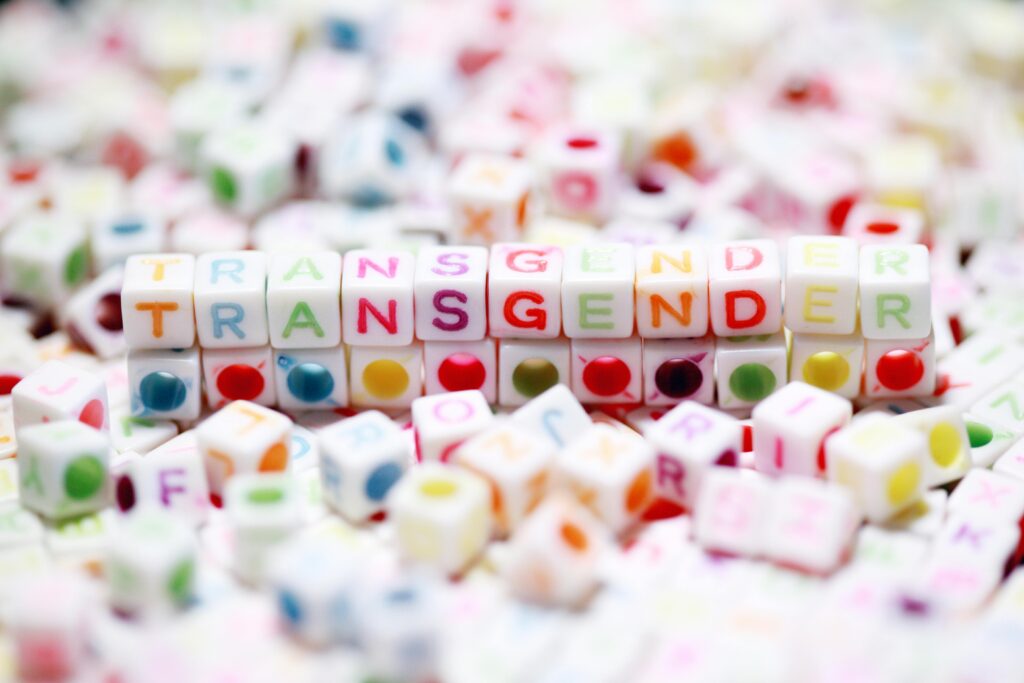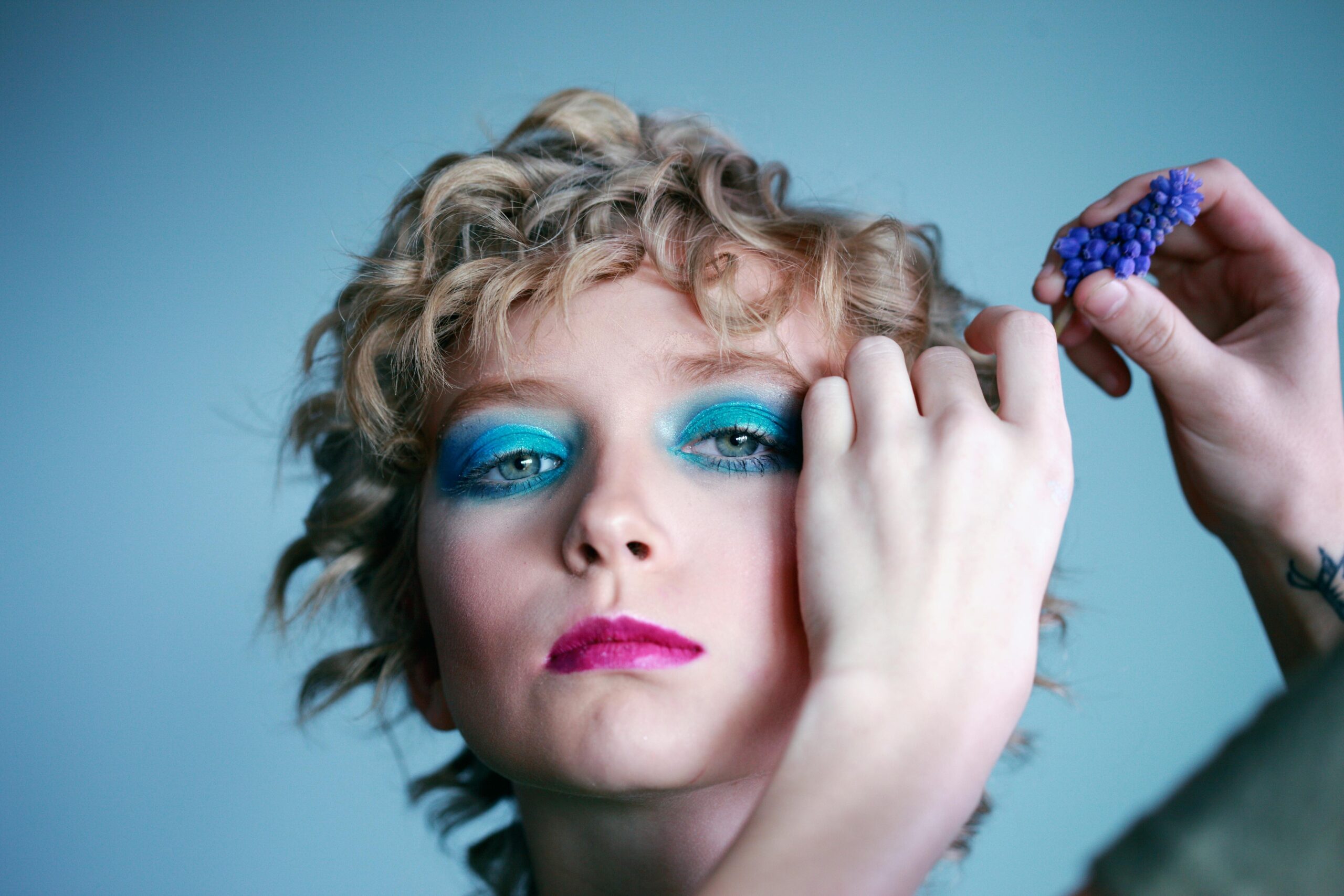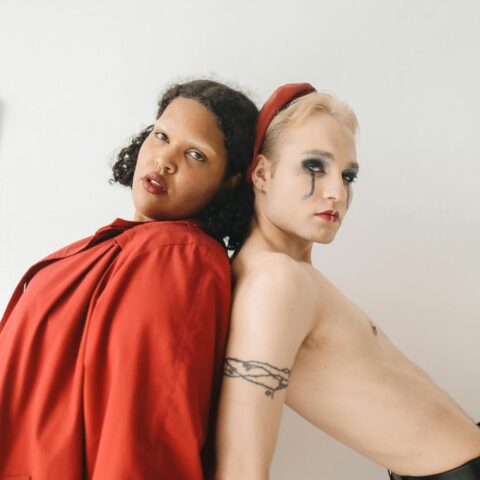Wondering “am I trans?” You’re not alone. This raw, first-person guide walks through signs of gender questioning, explores what it means to be trans, and includes a self-reflective “am I trans” quiz — with no pressure, just clarity.
🧠 How to know if i’m trans? Let me help you

If you’re quietly whispering “Am I trans?” into your search bar, heart racing and stomach tight — take a deep breath. You’re in good company.
I’ve asked that question. So have millions of others. Some of us scream it. Some of us tiptoe around it for years. Some of us write it in journals and delete it five minutes later. But however it shows up — it matters.
Because “Am I trans?” isn’t just a question.
It’s a crack in the armor. A signal that maybe… just maybe… the version of you that you’ve been performing isn’t the full truth.
It’s not a question that means you’re broken or dramatic or making things up.
It’s a question that means you’re paying attention.
So let’s talk about it — not as a checklist, but as a compassionate conversation.
Table of Contents
🌈 What Does It Actually Mean to Be Trans?
Let’s start by breaking it down from first principles.
Transgender means your gender identity doesn’t match the sex you were assigned at birth.
But transness isn’t a single aesthetic.
It’s not about surgeries, hormones, pronouns, or how you dress.
It’s about how you feel inside your own skin — and whether the story you’ve been living in fits you, or chafes.
Some trans people are binary (trans men, trans women).
Some are nonbinary (agender, genderfluid, bigender, etc).
Some reject all labels. Some embrace them fully.
Being trans isn’t about looking a certain way.
It’s about living your truth — whatever shape that takes.
🔍 Common Signs You Might Be Trans (That Aren’t in Textbooks)
1. You’ve always felt like something about your gender role was “off”
Maybe it wasn’t dramatic — maybe just a quiet, background hum that things didn’t fit.
2. You daydream about living as another gender — and it feels like relief
Not just curiosity. Peace. Like slipping into a hot bath after years of tension.
3. The idea of being perceived as your assigned gender gives you discomfort (or even dread)
You might not hate your body. But being called “sir” or “ma’am” makes you flinch inside.
4. You feel envious of trans people — not pity, not confusion, but envy
Like “Why do they get to live like that, and I don’t?” That’s a soul flare. Don’t ignore it.
5. You feel like you’re performing gender instead of being it
You’re mimicking what you think you’re “supposed” to be. But it never feels like you.
🧭 “Am I Trans?” Self-Reflection Quiz
(Not a test. Just a mirror.)
For each, respond:
✅ Yes
❓ Maybe
❌ No
- When people refer to me by my assigned gender, I feel a disconnect
- I’ve imagined a life where I was a different gender — and it felt peaceful
- Gendered expectations make me feel trapped or alienated
- When I picture transitioning, I feel a strange mixture of fear and hope
- I’ve always felt more like “me” when I got to express differently — even secretly
- I’ve cried or felt emotional while reading/watching trans stories
- I avoid mirrors, photos, or being perceived — not from vanity, but dysphoria
- I feel envious of people who “figured it out”
- I wish someone else would just tell me if I’m trans so I don’t have to wrestle with it
- I feel like I’m always almost myself — but not quite
If you answered ✅ or ❓ to several… that doesn’t prove you’re trans.
But it’s a sign that your gender is worth exploring.
😵💫 “But What If I’m Faking It?”
This thought hits everyone in the gender-questioning process.
“What if I’m just confused?”
“What if I’m not trans enough?”
“What if I’m doing this for attention?”
“What if I regret it?”
These aren’t signs that you’re not trans. They’re signs you’ve absorbed a society that makes transness feel forbidden.
It’s normal to second-guess. Most of us do.
It’s especially normal if you’ve:
- Never seen yourself represented in trans media
- Been taught that queerness = confusion = shame
- Spent your whole life performing the gender you were assigned at birth
This is internalized transphobia. It doesn’t mean you’re faking.
It means you’ve lived in a world that wants you to doubt yourself.
And here’s the truth: trans people don’t wake up 100% certain.
Most of us tiptoe, spiral, unlearn, try things, cry in the shower, and only later realize:
Oh. I was never broken — I just wasn’t living as myself.
🪞 You Don’t Need to Transition to Validate Your Gender

Let’s be real — transitioning can be beautiful, powerful, liberating as hell.
But not everyone wants that. Not everyone can access it. And not everyone needs it.
There are many ways to explore your gender:
- Experiment with clothes in private
- Use a different name online or with close friends
- Ask to try out different pronouns in safe spaces
- Write letters to yourself from the “you” you think might exist
None of this requires a commitment.
It’s not a contract. It’s exploration.
You’re allowed to test what feels like home before moving in.
🔗 Real Resources to Explore Gender Further
Here are a few high-authority, compassionate places to go deeper:
- Transgender Map – A practical, thorough guide to transition, coming out, and medical/legal steps
- Gender Spectrum – Resources for nonbinary, trans youth, and families
- Plume Health – Gender-affirming telehealth support for trans people in the U.S.
- Reddit’s r/asktransgender – Real people asking real questions in every stage of their journey
These aren’t just educational — they’re human. You’ll see yourself reflected, and you’ll know you’re not alone.
🧷 FAQ: “Am I Trans?” Edition
1. Can I be trans if I don’t feel extreme dysphoria?
Yes. Some trans people feel mild or no dysphoria. Euphoria and identity fit are just as real.
2. What if I still like some aspects of my assigned gender?
That’s valid. Gender isn’t black-and-white — it can be layered, paradoxical, and complex.
3. What if I change my mind later?
Then you learned something. That’s not failure — that’s growth.
4. Am I trans if I only feel different sometimes?
Gender fluidity exists. You don’t have to be “on” all the time to be valid.
5. Isn’t this just a phase?
Even if it were — it still deserves compassion, space, and expression.
6. What if I’m scared to tell anyone?
That’s okay. You can be trans privately. You don’t owe anyone your truth before you’re ready.
7. Can I be trans without transitioning?
Yes. Your gender isn’t defined by hormones or surgery — it’s defined by you.
8. What if I feel like I’ll never be accepted?
You’re not alone. There are entire communities that will love and affirm the real you.
9. Is it bad to experiment with my gender identity?
No. Exploration is healthy. You’re allowed to test what fits.
10. What if I only relate to some of this?
That’s still enough. Your feelings are enough.
11. I’ve always hated my name/body/clothes — is that a sign?
Possibly. Many trans people feel these things long before they have words for it.
12. How long will it take to know for sure?
There’s no set timeline. Take your time. Your truth isn’t in a rush.
💌 About ADHD Goat
ADHD Goat is a radically honest blog by Jenny Mirah, a neurodivergent millennial writing through the mess of mental health, identity, queerness, and existential spirals. We’re not therapists — we’re real people asking real questions.
Read more at: adhdgoat.com/about-us
✏️ Want to Submit a Story or Ask a Question?
Have something to say about gender, neurodivergence, queerness, or figuring life out one meltdown at a time?
📭 Submit your topic, rant, or article idea here: adhdgoat.com/contact








